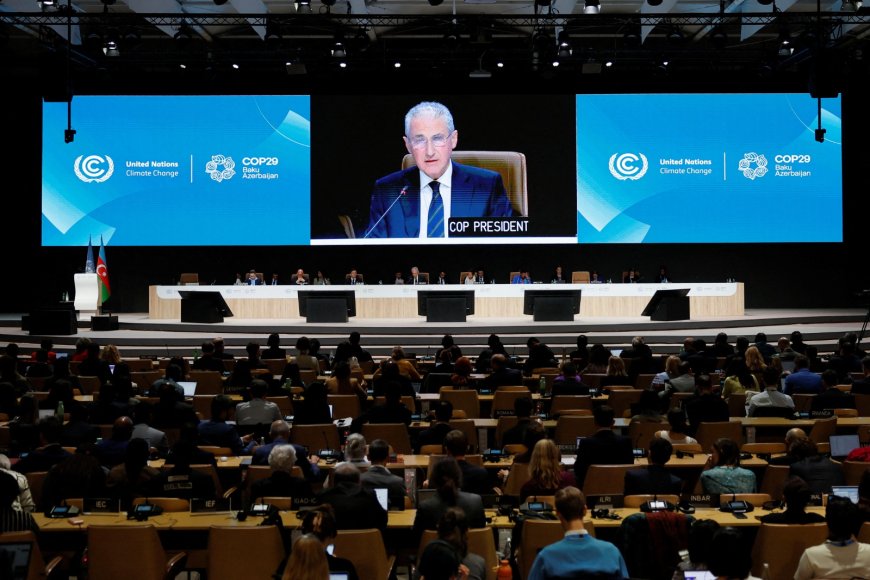COP29, held in Baku, Azerbaijan, marked a pivotal moment in the global fight against climate change. With over 65,000 participants, including world leaders and experts, the conference brought urgent climate issues into sharp focus. Here are four key highlights from COP29
A New Global Climate Finance Target
Delegates agreed on a "New Collective Quantified Goal for climate finance," aiming for $1.3 trillion annually to support developing countries. While the $300 billion commitment from developed nations is a step forward, it still falls short of the funding needed by vulnerable nations, especially for loss and damage mechanisms.
Progress on Carbon Markets
COP29 saw major strides in operationalizing carbon markets under Article 6 of the Paris Agreement. New frameworks for carbon credit transactions and safeguards to protect human rights and the environment were established, marking a significant move toward meeting the Paris Agreement’s emission reduction targets.
Ambitious Nationally Determined Contributions (NDCs)
Countries, including the UK and Brazil, unveiled updated climate commitments. With 2025 marking the deadline for the next round of NDCs, nations were urged to set more ambitious and investable targets, emphasizing renewable energy and emissions reductions.
Challenges in Fossil Fuel Transition
Despite calls for a transition away from fossil fuels, COP29 failed to make binding commitments to phase out fossil fuel subsidies, which remain a major obstacle to global decarbonization. This issue, along with scaling climate finance and integrating nature-based solutions, will need more focus in future COPs.
Looking Ahead
As countries update their NDCs and prepare for COP30 in Brazil, the climate process must continue evolving to bridge the gaps left by COP29. The World Economic Forum in Davos will also provide an opportunity to turn COP29 outcomes into actionable initiatives, enhancing public-private collaboration to tackle climate challenges with greater urgency.
Key Takeaways from COP29: Advancing Climate Finance and Carbon Markets

Mumbai
Western Railway to Impose Major Night Block Betwee...
Mumbai, January 14, 2026:Western...
BMC Elections 2026: Final Day of Campaigning in Wa...
Mumbai 13 January 2026:On the final day of campaigning for the BMC Elections 2026, Haider Ali Sh...
BMC, Mumbai Airport Operator Accused of Neglecting...
Mumbai January 10, 2026
Dating App Trap in Powai, Two Men Robbed After Bei...
Mumbai: Two men were allegedly threatened and robbed in separate but similar incidents after develo...
More Local News To You
Make every story matter—get news that resonates with you through your ABC Account.
Trending In World
World
Google Cracks Down on Fake Reviews: A Move to Clean Up Online Reputation (UK)
United Kingdom: In an effort...
World
India's Prime Minister Modi and Palestine's President Mahmoud Abbas meet in New York
New YorkDelhi : Indias Prime Minister Narendra Modis meeting with P...
World
Google Faces Legal Battle for Allegedly Ignoring User Consent on Data Collection
San Francisco, CA...



 Previous
Article
Previous
Article











